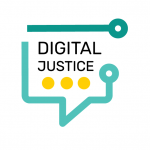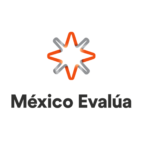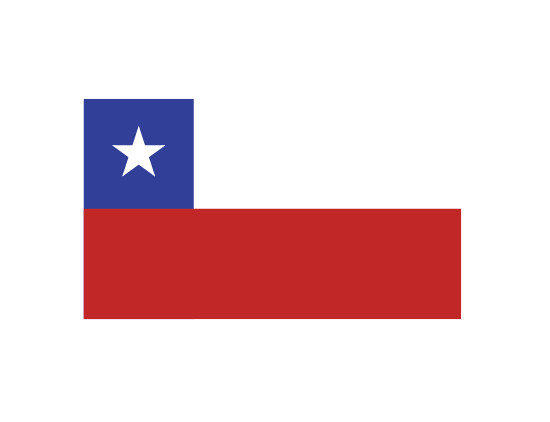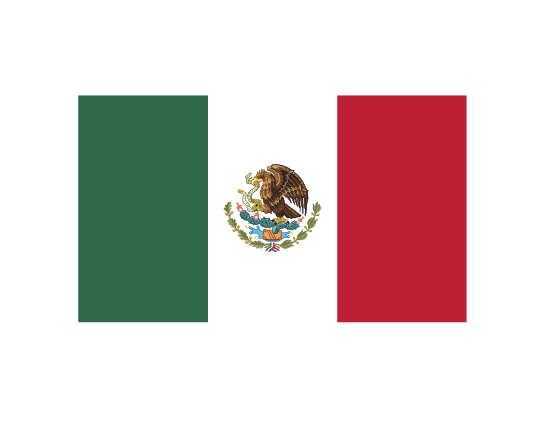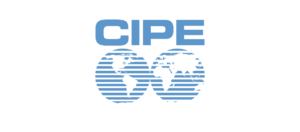Tools for the activation of justice

This section includes tools that the judicial powers have implemented to allow citizens and lawyers to request their intervention electronically in the resolution of conflicts of a different nature. Also included are alternative online conflict resolution mechanisms that, although not strictly part of the process of dispensing justice, are auxiliary mechanisms or predecessors of jurisdictional processes.
Online dispute resolution

They are electronic platforms that allow users to be offered, sometimes through the use of artificial intelligence, different solutions to their problems through alternative mechanisms for conflict resolution, which are carried out entirely online. When these tools are developed by a judiciary, in case an agreement is not reached, the case can be transferred to court easily.
Good Practices:
Filing lawsuits online

These tools allow people to submit lawsuits and/or promotions remotely through electronic platforms designed for it.
Good Practices:
Certified electronic signature

The certified electronic signature allows identifying the people who intend to initiate a legal process or proceeding with security and confidentiality.
Good Practices:
Universal Digital Signature

This signature allows identifying the people who wish to carry out any administrative procedure, thus facilitating remote interaction between authorities and users, and allowing the celebration of acts and contracts electronically.
Buenas práctica:
Pre-registration of lawsuits and appointment system to file them

This tool makes it possible to pre-register the lawsuits through an electronic platform and obtain an appointment to file the document in the physical mailbox of the court.
Good Practices:
Enabling email accounts, fax numbers and postal addresses to receive lawsuits and promotions

These tools allow you to receive writings by email, fax and postal mail to start some legal proceedings.
Good Practices:
This website has been created with the support of Tinker Foundation, United States Agency for International Development, Center for International Private Enterprise, and Friedrich Naumann Foundation for Freedom. The information presented on this page is not official information from the United States Government, and does not necessarily reflect the views or position of the aforementioned organizations. Its content is the exclusive responsibility of México Evalúa, Center for Public Policy Analysis.


